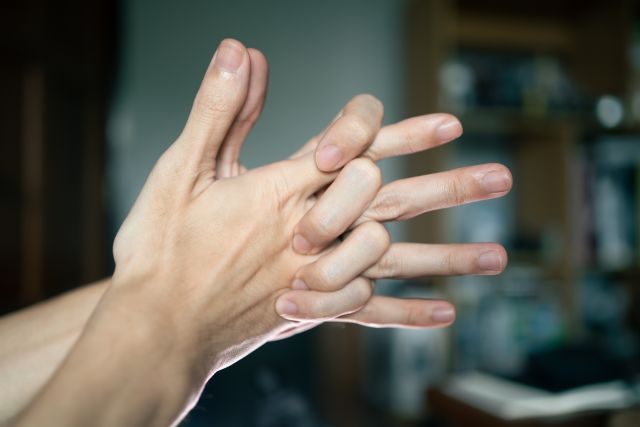Updated on May 8, 2024.
Myth or fact? Cracking your knuckles will give you arthritis.
Cracking your knuckles makes you sound like a bowl of Rice Krispies and never goes over well at a wedding. But, although it's painful for us to hear, you're not doing any harm to your joints, bones, or muscles when you crack -- unless you feel pain. The noise is simply caused by the high-pressure suction of gas being expelled when your joints move apart. If it hurts when your knuckles or knees crack, see your doctor to assess what kind of joint damage you may have.
For the record, osteoarthritis is only one kind of arthritis. Arthritis is the broad name given to any inflammatory joint disease. Rheumatoid and some other forms of arthritis are not diseases associated with aging, but rather autoimmune disorders, in which antibodies attack your cartilage, which is what triggers that inflammation and joint pain.






